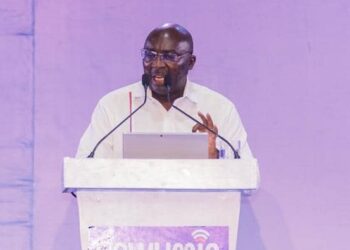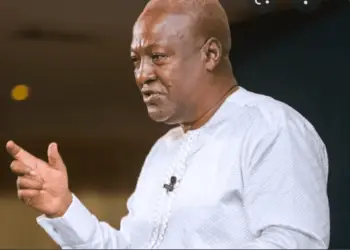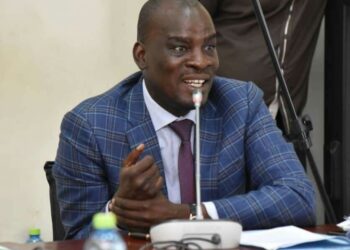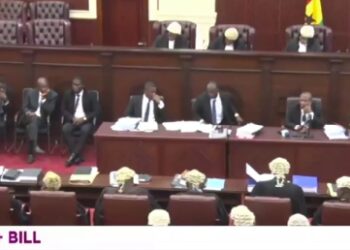The government must invest in the National Health Insurance Scheme (NHIS) to lessen the health burden on the ordinary people, especially workers.
The General Secretary of the Industrial and Commercial Workers Union (ICU), Mr Solomon Kotei, said the NHIS was beset with challenges that could threaten its very existence, and eventually take a toll on the people, especially workers.
Speaking at Tema Regional Council, Youth and Women’s conference of the ICU yesterday, Mr Kotei mentioned, specifically, delays in payment to service providers.
He appealed to the government to handle that challenge with dispatch to ensure timeous payment to service providers.
Mr Kotei, who addressed the conference as part of a nationwide tour ahead of the ICU’s 11th Quadrennial Delegates Conference scheduled for August, this year, said investment in the scheme was worth it to make it more sustainable and easily accessible to all.
Critical illnesses
The ICU General Secretary also called for the expansion of the NHIS to cover critical illnesses such as cancer, cardiovascular and kidney cases, which were common among the population.
He indicated that the treatment of such diseases was costly and beyond the pockets of the ordinary worker.
Casual labour
The general secretary expressed grave concern about the activities of recruitment agencies who had turned themselves into employers and chose to pay employees anything they deemed fit.
He said successive governments had not responded to the issue of casualisation which, he said, was “putting money in wrong pockets.”
Casualisation of workers, Mr Kotei observed, was a big menace which must be addressed .
Consequently, he urged employers to ensure that the rights of workers were protected at various workplaces.
Mr Kotei endorsed a request by the Tema Regional Council of ICU to stage a sustained demonstration in Tema where the issue of casual labour was prevalent.
Collapsed banks
While commending the government for paying customers of collapsed banks and microfinance institutions, Mr Kotei called for expeditious action on those whose actions and inaction led to the collapse of the financial institutions.
He also expressed his resentment to taxes imposed on workers’ overtime incomes and called for their abolition.
The Tema Regional Chairman of the ICU, Mr Maxwell Tenkorang, on behalf of the newly elected regional executives of the ICU, called on members of the union to register their concerns against casualisation when the issue reared its head in their workplaces.
Activity Report
The Regional Industrial Relation Officer, Mr Samuel Ananga, in his report, stated that the region had its fair share of unpleasant redundancy exercise for reasons ranging from automation, outright closures, high operational cost and restructuring.
He said in 2018 and 2019, the ICU made optimal improvement in its collective agreement negotiations.
However, in 2020 and 2021, negotiations on collective agreement took an entirely different dimension as a result of the COVID-19 pandemic.
Mr Atanga indicated that some companies proposed reduction in salaries to contain the effect of the pandemic, but the union opposed it knowing very well that management of some of the companies had wanted to take advantage of the situation to lay off workers.














